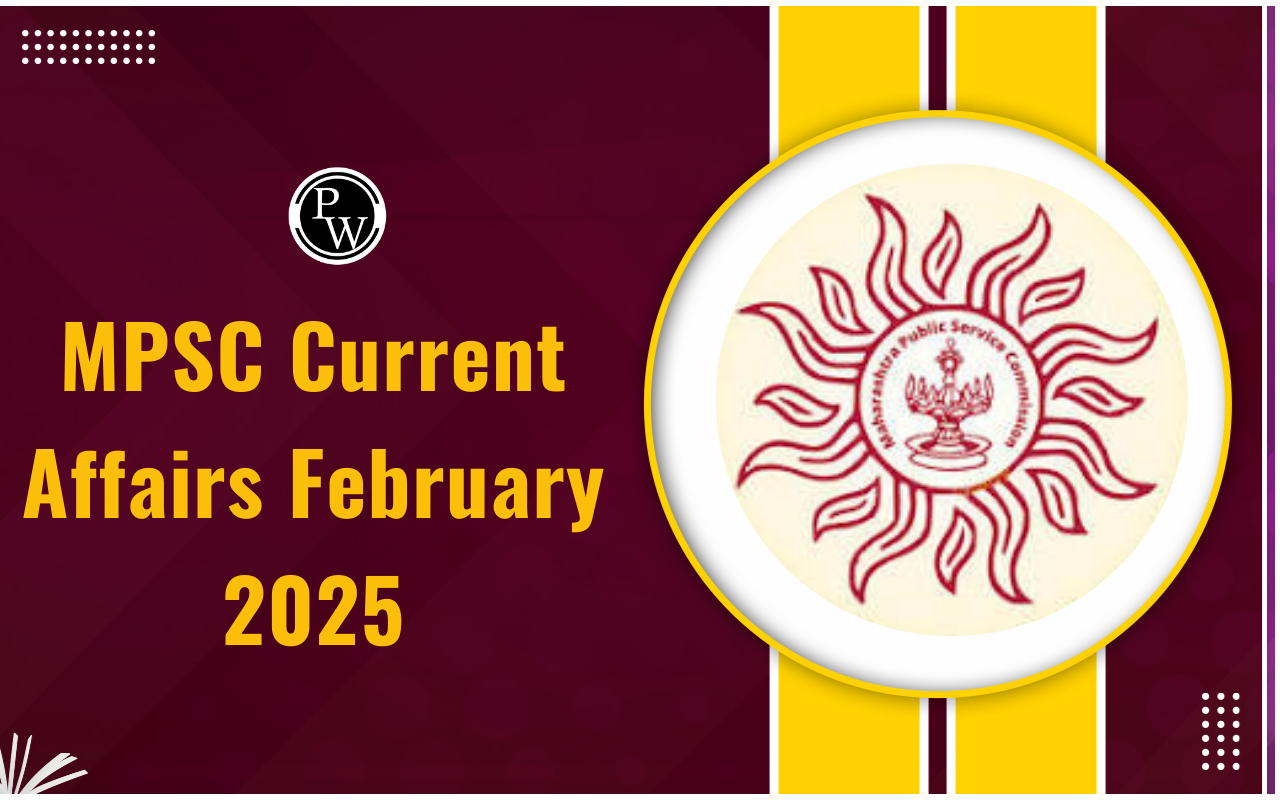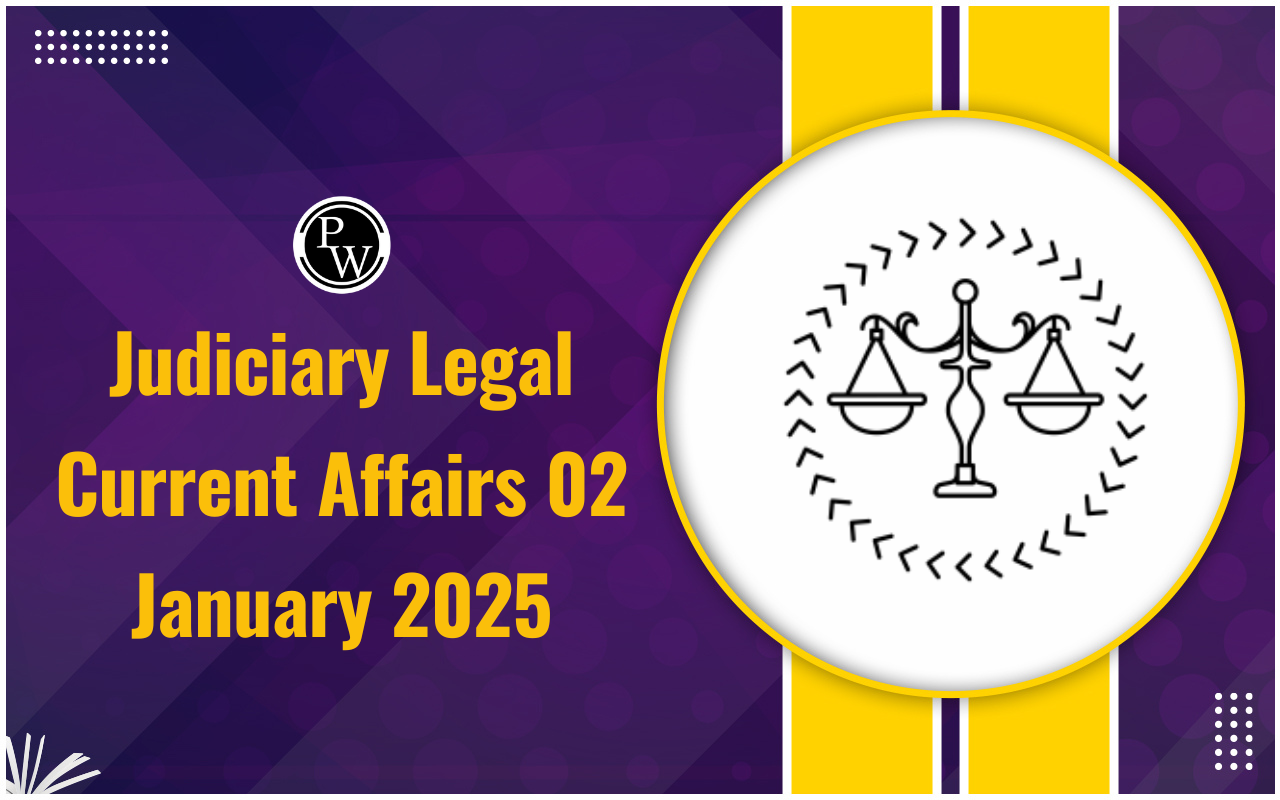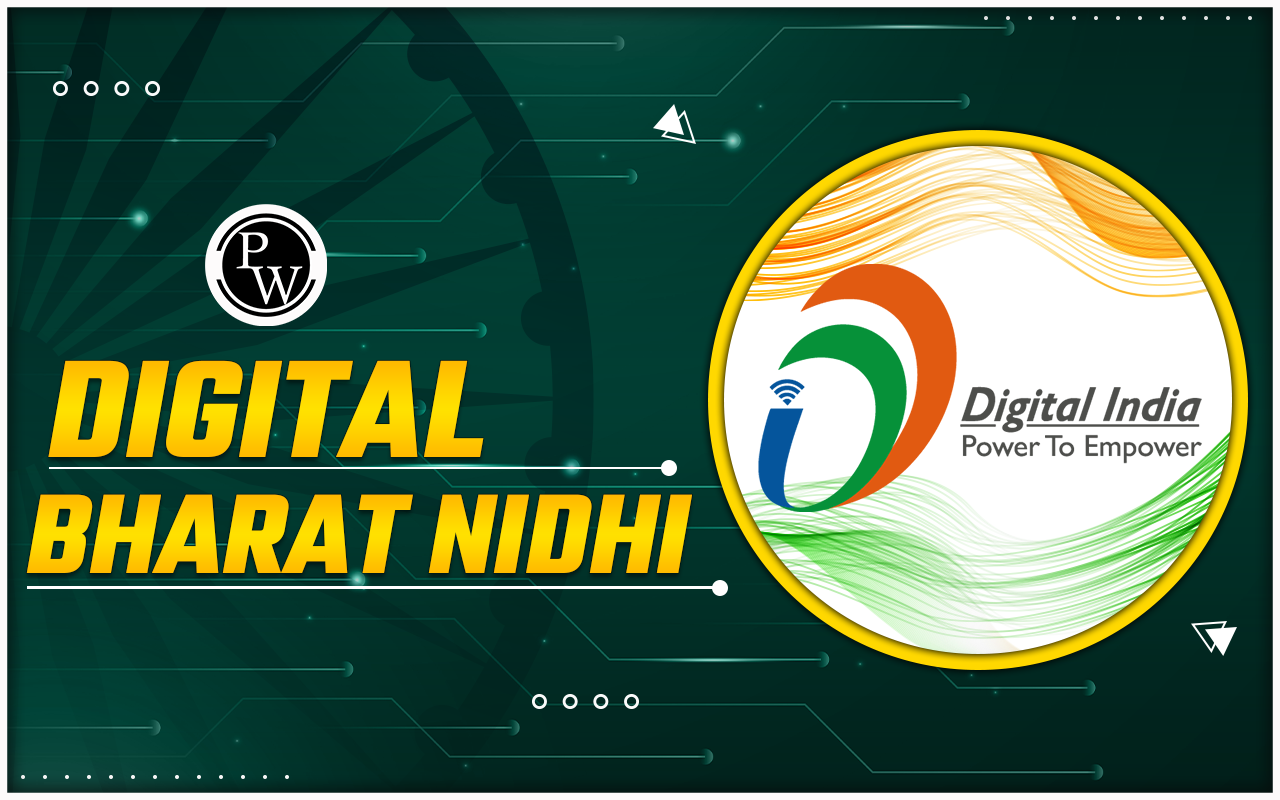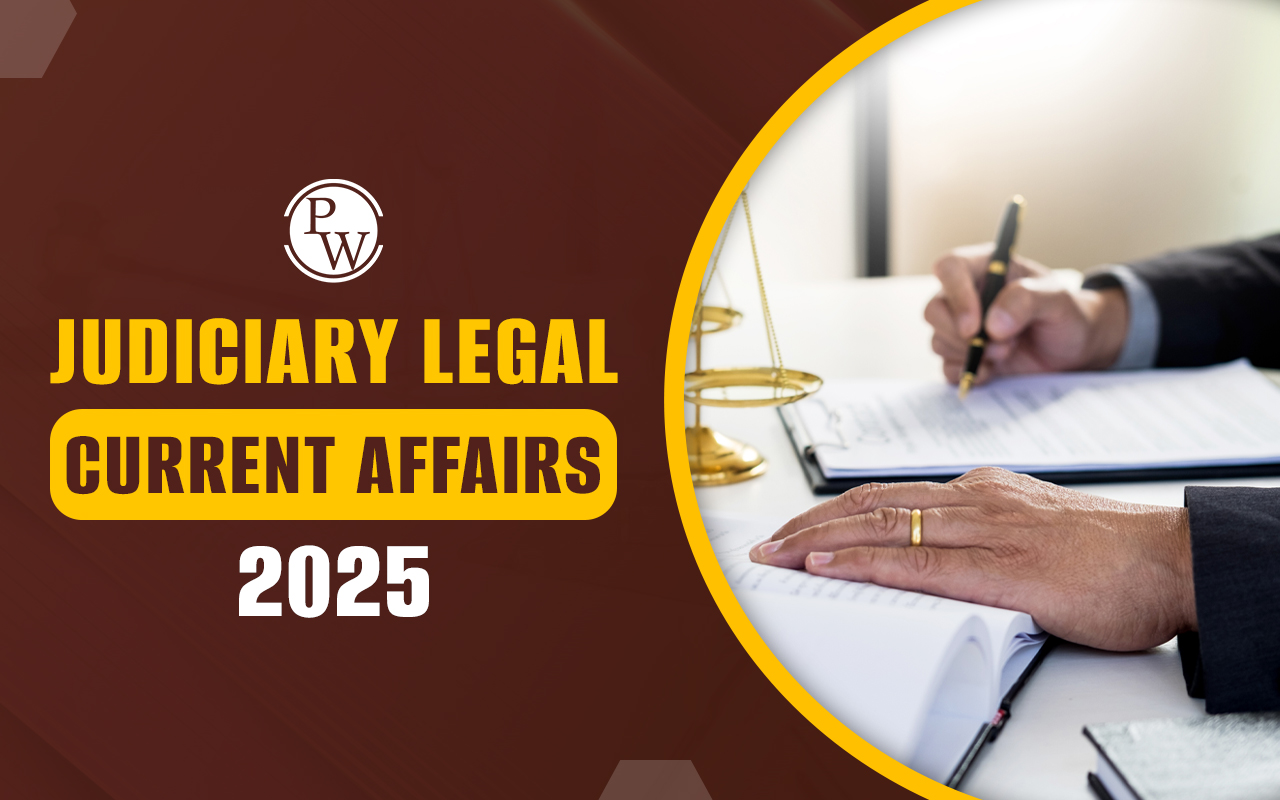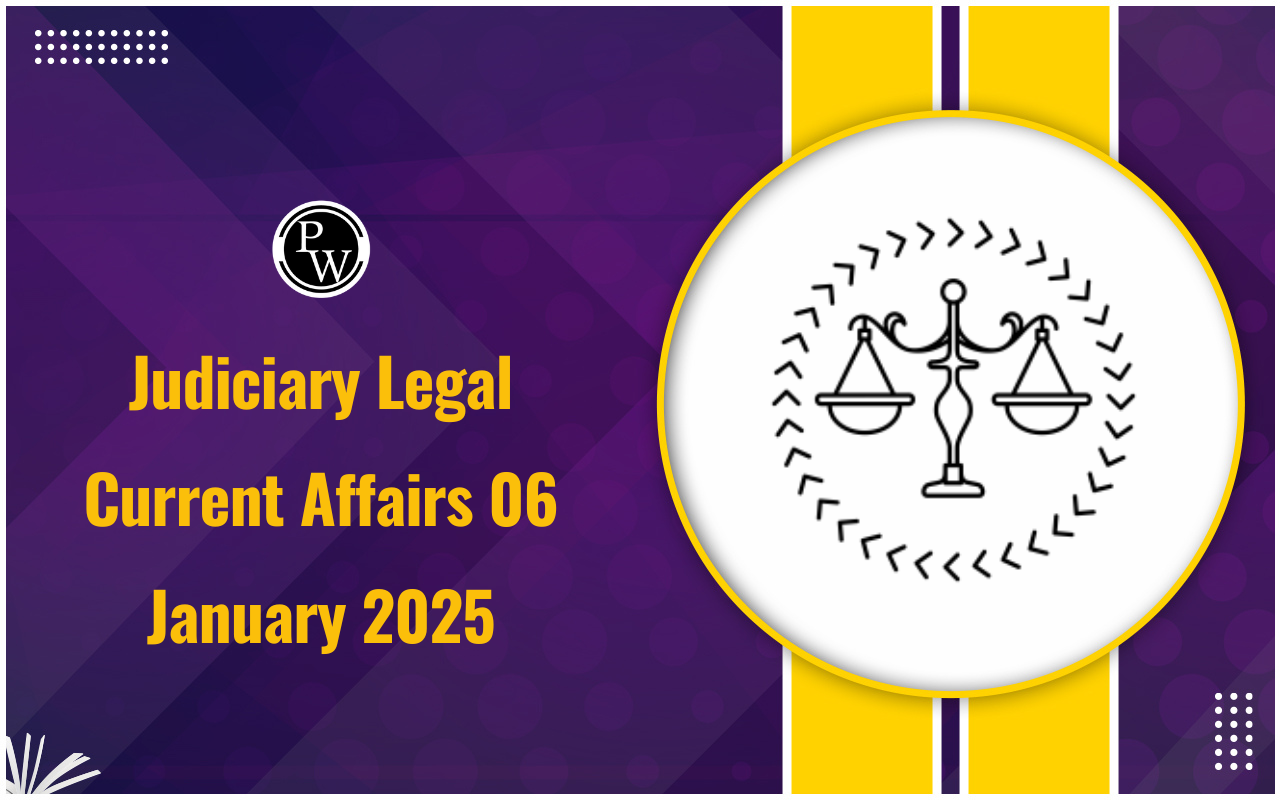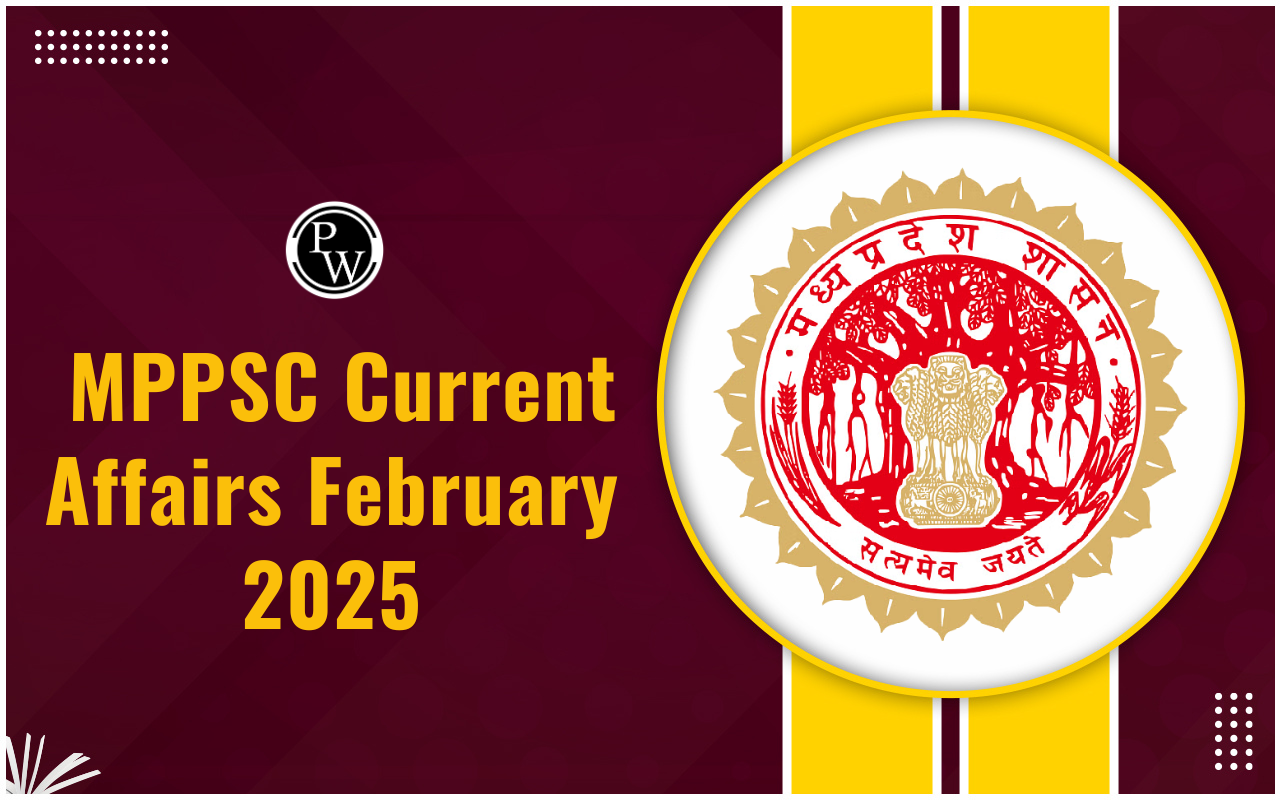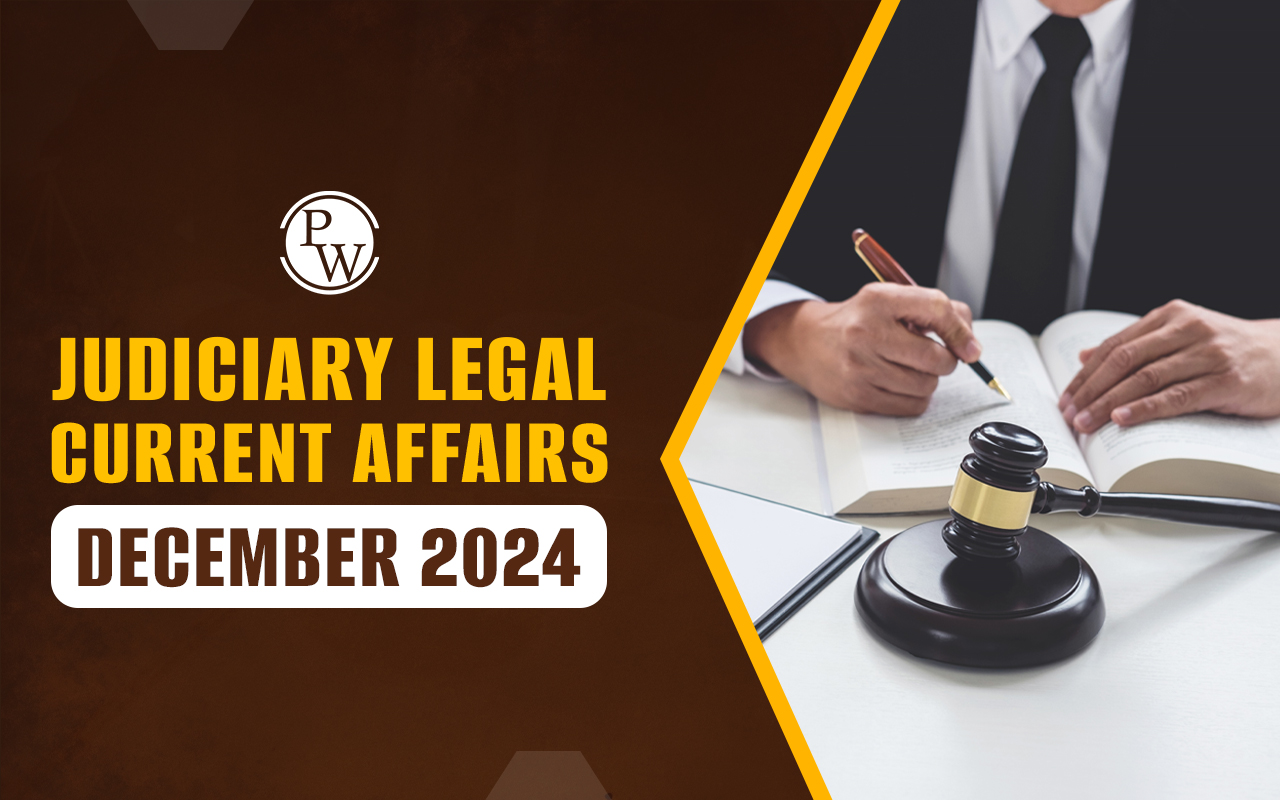
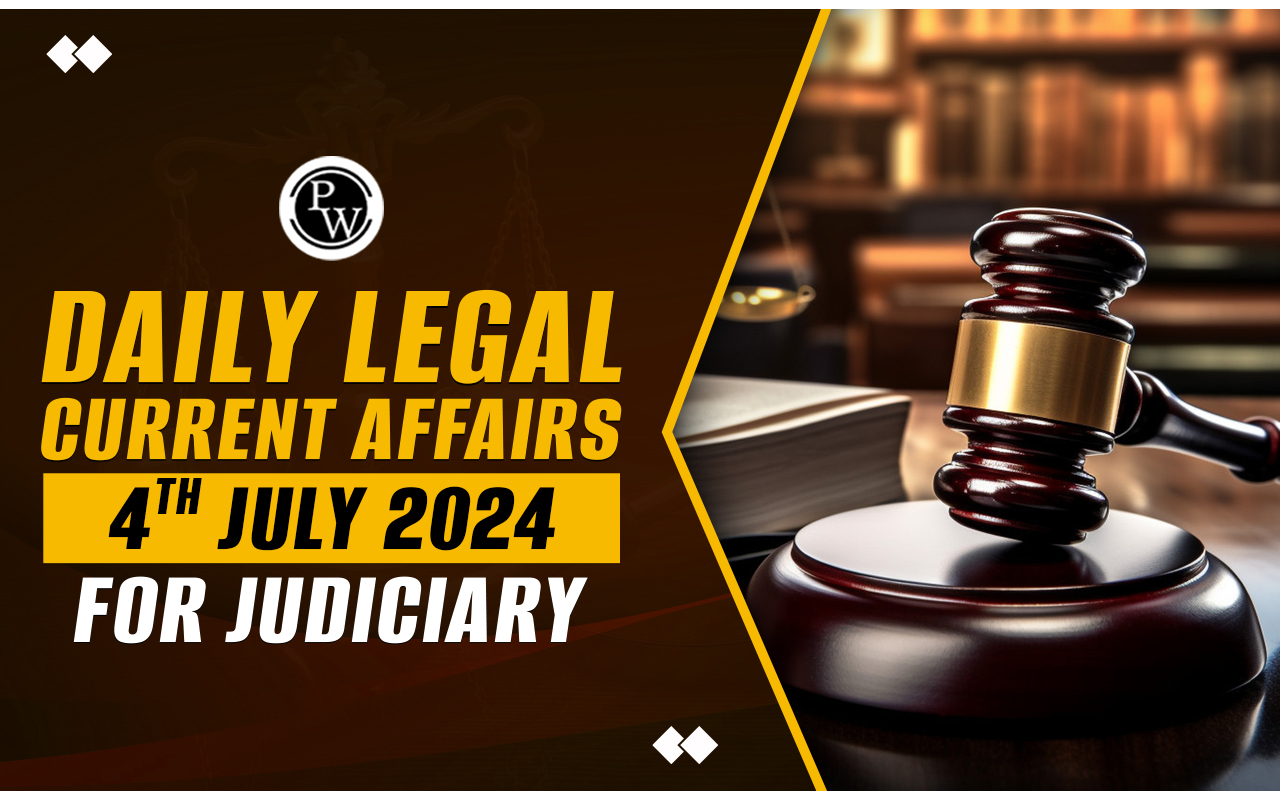
AVANISH V. THE STATE OF UTTAR PRADESH
-
- BENCH : Justices Sudhanshu Dhulia and Ahsanuddin Amanullah
- FORUM : Supreme Court of India
- OBSERVATIONS
- The Supreme Court came down heavily on the State of Uttar Pradesh for lack of prompt compliance with its earlier order of examining the victim in a POCSO trial.
- The Court stated that it would seek a response from the Home Secretary if the serious lapses on the part of the State were not rectified within a week.
- The vacation bench of Justices Sudhanshu Dhulia and Ahsanuddin Amanullah took serious objection to the request of the State Counsel to adjourn a bail matter for a month.
- The Counsel for the State of Uttar Pradesh submitted that the evidence of the prosecutrix could not be recorded as there was a condolence ceremony at the trial court.
- Considering the inefficient conduct of the state counsels involved, Justice Amanullah expressed disappointment over the callousness with which the earlier order of the top court to examine the victim was not complied with on time. The Court was hearing a bail plea by the petitioner accused of raping a minor.
- "The state counsel has been very casual! It is a mandatory order. You ought to have filed a petition of extension! Be very careful in court, now we are going to take serious note of this! It was your duty to file a proper application for an extension." Remarking how the state failed to seek an extension for complying with the direction, the Court granted one week's time to the State of U.P. and clarified that non-compliance would lead to the Court summoning the State's Home Secretary.
- "If it is not done within one week, we will call your Home Secretary here. We are at fault for letting these things happen....the fault is on our part, the message has to go! "
- The petitioner who is charged with offences of rape, and criminal intimidation of a 16 years-old minor under Sections 376, 313, 506 I.P.C and Section 3, 4 of the POCSO challenged the rejection order of the Allahabad High Court.
- As per the FIR dated September 19, 2023, the petitioner had repeatedly assaulted the minor for over 6 months.
- Considering the gravity of the crime and the material available on record, the bail application of the petitioner was rejected in the impugned order dated November 30, 2023. It may be noted that on a previous hearing before the bench of Justice BR Gavai and Justice Sandeep Mehta, the petitioner produced the order sheet of the trial court to show that none of the witnesses have been examined so far.
- While the counsel for the State claimed that 9 out of 10 witnesses had been examined. When the matter was listed again before a 3 judge bench led by Justice BR Gavai, the court directed that the prosecution examine the victim on or before June 30.
SALEK CHAND JAIN v. UNION OF INDIA & ORS
-
- BENCH : Justice SA Dharmadhikari and Justice Devnarayan Mishra
- FORUM : Madhya Pradesh High Court
- OBSERVATIONS
- The Indore Bench of the Madhya Pradesh High Court will likely hear a plea filed by a social activist, seeking a declaration of the Jain Community's 'right to worship' at the disputed Bhojshala Temple-Kamal Maula Mosque. The Bhojshala is currently a monument protected by the Archaeological Survey of India (ASI).
- Salek Chand Jain, the petitioner belonging to Jain Community, has submitted that all available archaeological evidence indicates the presence of a Jain Temple established by the erstwhile King Bhoja around 1034 A.D.
- The said king supposedly constructed many other Jain temples in the region during his reign, according to the petitioner. The plea also states that the property was originally vested with the Idol of 'Goddess Ambika' (Jain Yakshini), and any subsequent construction after the demolition of the said temple and its deity will not change its nature to that of a mosque.
- According to the petitioner, the temple constructed by King Bhoja was later taken care of by other kings in the Parmar dynasty, Jain Munis and Scholars until its demolition by Muslim invaders. Since the idol was a symbol of education, many Jain scholars/munis also imparted Sanskrit, Literature and translation of the Prakrit language on the premises, the petition adds.
- There were designated Jain Gurukul and Jain Temple in the Bhojshala Complex according to the version of the petitioner. The sculptures, archaeological reports, and historical books written by English and Indian writers all point towards the existence of a Jain temple and idol, the petitioner emphasizes.
- The petition says that the 2003 order passed by the Director General of the Archaeological Survey of India ignored the right of Jains to worship in the Bhojshala premises.
- The Jain Community has been deprived of the 'right to religion' and the 'right to conserve natural heritage' by virtue of such events, it has been mentioned in the plea.
- Currently, only Hindus and Muslims are allowed to offer worship and Namaz in the Bhojshala on specific occasions. As of now, Hindus can worship on Tuesdays and on the occasion of Basant Panchami. Muslims offer Namaz on Fridays, considering it as the Kamal Maula Mosque.
- The petition also adds that icons called 'Tirthankaras' around the Amba Idol distinguish Jain idols from their Hindu counterparts, and the inscriptions found in the Amba idol mention King Bhoja.
- Therefore, the petitioner seeks the re-establishment of the Amba Idol at Bhojshala, which has been placed in the British Museum since 1903. To 'restore the glory of Bhojshala temple', the petitioner also prays for reestablishing the idol and not allowing any other religious segments to worship on the premises.
- The current situation is a 'glaring example' of taking over the religious idols of Jains, the petitioner contends.
- The petitioner prays that a Trust may also be created by the Government of India for managing the affairs of Bhojshala, headed by eminent Jain scholars and ASI. The modification of ASI's 2003 order is also sought to the extent that Muslims are restrained from offering Namaz on the premises, and Jains are allowed to perform daily pooja without any restrictions.
- The right to religion is a continuous right, this right if curtailed for some reason in the pre-independence era still revives by virtue of Article 13(1) of the Constitution, the petition adds.
- Since the excavation process is ongoing, the petitioner wants ASI to let him or two authorized persons from the Jain community participate in the process. Earlier, a bench of Justice SA Dharmadhikari and Justice Devnarayan Mishra had ordered for excavation in March 2024.
- This order was passed while hearing an interlocutory application filed in a pending writ petition (filed by Hindu Front for Justice) seeking a scientific survey of the Temple-Mosque premises.
- The petition preferred by the Hindu Front for Justice seeks to reclaim the Bhojshala complex on behalf of the Hindus and their goddess Saraswati, and it also seeks a prohibition on the members of the Muslim community from offering namaaz on its premises.
- Yesterday, ASI sought further time to submit the scientific survey report to the high court. The matter will be heard again tomorrow.
- As interim reliefs, the petitioner activist also seeks a direction to conduct a Radiocarbon Dating method for ascertaining the age of the Complex and the artefacts inside.
- The petitioner also wants ASI to excavate the floor in and around the complex to determine the nature of construction/materials. The matter will likely be heard on admission tomorrow.
Also Check: Daily Legal Current Affairs 05th July 2024
P. N. VIGNESH v. THE CHAIRMAN AND MEMBERS OF THE BAR COUNCIL, BCI
- BENCH: Justice SM Subramaniam and Justice C Kumarappan
- FORUM: Madras High Court
-
OBSERVATIONS
- The Madras High Court has come down heavily on lawyers soliciting work through online websites in violation of Bar Council of India Rules. The court has asked the Bar Council of India to issue circulars/instructions/guidelines to State Bar Councils to initiate disciplinary proceedings against lawyers for advertising or soliciting their services directly or indirectly.
- The court added that action should be taken against any form of advertising including furnishing newspaper comments, or producing photographs to be published in connection with cases, etc.
- The bench of Justice S.M. Subramaniam and Justice C. Kumarappan noted that the legal profession, unlike others, was not a job or a business and the intention was to provide welfare to the society.
- The court added that though a fee was paid to the lawyers, it was paid out of respect for their time and knowledge. The court added that providing ranking or customer ratings to lawyers demeaned the profession and was against dignity and integrity.
- “It is agonising that some of the legal professionals today are trying to adopt a business model. Legal service is neither a job nor a business. A business is driven purely by profit motive. But in law, larger part is a service to the society.
- Though a service fee is paid to a lawyer, it is paid out of respect for their time and knowledge,” the court said.
- The court thus directed the Bar Council of India to register complaints before competent authorities against online service providers/intermediaries conspiring or aiding the commission of unlawful acts of publication of advertisements by lawyers.
- The court also asked the Bar Council to remove the advertisements published by lawyers through online service providers and to issue advice to the intermediaries to not publish such advertisements in the future.
- The court was hearing a plea against websites like quikr.in, sulekha.com and justdial.com providing online lawyer services on their websites. The petitioner pointed out that online lawyer services were prohibited under the Bar Council of India Rules and amounted to misconduct under Section 35 of the Advocates Act.
- He also called the Bar Council of India and the Bar Council of Tamil Nadu and Puducherry to take strict action to curb such online soliciting. The websites, however, submitted that they were only providing online directory services and not soliciting work for lawyers.
- It was submitted that directory services were not prohibited under the Act. The court, however, noted that these websites were selling legal services of lawyers for a fixed price which was against the Bar Council of India rules.
- The court noted that the website also independently provided rating services of lawyers without any basis or authority. The court added that the lawyers, who were enlisting themselves in these websites were bringing down the nobility of the profession.
- The court noted that the rationale behind the non-advertising policy for lawyers was that firstly, marketing of lawyers brought down the nobility and integrity of the profession.
- Firstly, The court observed that the process of justice delivery was based on the Constitution and the lawyers, being upholders of law, could not treat the profession as a business.
- Secondly, the court pointed out that such advertisements of lawyers without any regulation could spread misinformation among the public. The court noted that by providing such advertisements, the websites end up publishing false and unverified information on their website. The court added that the public was prone to be misguided and without any authority to cross-check such online information, the public ended up losing faith in the judicial process.
- Thirdly, the court pointed out that the intention was to narrow down the chasm of inequality. The court added that the attempt was to establish a level playing field due to the economic factors and the attempt was to make sure that all are equal before the law.
- The court emphasized that the legal profession was not a race to the top but about service to the downtrodden. it observed that advertisements of lawyers on websites covertly and overtly stood against the elements of fairness and Justice. In the present case, the court noted that the advocates were registering their names by paying charges with the online website companies.
- The court noted that the companies were aiding and inducing to solicit works from litigants which was an action of “tout” as mentioned under Rule 36. The court thus directed the websites to remove all contents that violated the BCI Rules within 4 weeks.
JOMI v. STATE OF KERALA
- BENCH : Justice A. Badharudeen
- FORUM : Kerala High Court
-
OBSERVATIONS
- The Kerala High Court has held that teachers cannot be prosecuted under the Juvenile Justice (Care and Protection of Children) Act, 2015 for using simple corrective measures for enforcing discipline in schools.
- Justice A. Badharudeen thus quashed the proceedings initiated against the petitioner under Section 82 (corporal punishment) of the JJ Act and Section 324 (voluntarily causing hurt by dangerous weapons or means) of the IPC.
- “If teachers are being roped into under the provisions of the JJ Act for devising simple and least onerous corrective measures to keep the discipline of the School or the Educational Institution the discipline of the School or the Institution would be in peril. At the same time, when the teacher exceeds his authority beyond the limit and causes serious injuries or physical assault of similar nature definitely the penal provisions of JJ Act would squarely apply.”
- In this case, the petitioner who is a teacher and Principal of a school allegedly punished a 13-year-old eighth standard student for securing less marks.
- The Counsel for the petitioner submitted that corporal punishment imposed by any person in-charge of or employed in a child care institution for disciplining a child would attract an offence under Section 82 of the JJ Act. It was argued that school was not a child care institution under Section 2(21) of the Act and thus petitioner cannot be made liable under Section 82 of the Act.
- The Counsel for petitioner further submitted that even offence under Section 75 of the JJ Act would not make teachers liable for imposing lesser punishment with bonafide intent on children to discipline them based on the implied authority given by the parents.
- Section 75 provides for punishment, if any person having control of child, assaults, abandons, abuses or willfully neglects the child. It was argued that offence under Section 342 of the IPC would not be attracted as well.
- The Counsel also relied upon the decisions in K.A. Abdul Vahid v. State of Kerala (2005) and Rajan @ Raju, S/o.Choyi v. The Sub Inspector of Police, Feroke Police Station and others (2019).
-
Relying upon K.A. Abdul Vahid (supra), the Court noted that teachers of schools or madrassa get an implied authority from parents to discipline and correct children who commit mistakes.
- In that case, the Court stated that if children are given corporal punishments by them to maintain discipline in school and for the child's growth and development it should not be considered as an intention to harm the student.
- Therein, the Court stated that the act of a teacher imposing punishment upon a student must depend upon the facts of each case and there cannot be a generalized pattern.
-
The Court further relied upon Rajan @ Raju (supra) wherein it was stated that the nature of injury inflicted by teacher upon the student would determine as to whether he can be proceeded under penal provisions or not.
- The Court stated that acts of a teacher cannot be condoned if they inflict injury on a child out of unbridled fury, excitement or rage, inflicts injuries causing unreasonable physical injury or harm. In this case, the Court stated that the child was beaten by the petitioner for securing less marks and that the child sustained no injuries.
- The Court thus stated that the petitioner had no malafide intention for beating the child since his intent was to alert and guide the child to study well. Section 82 of JJ Act Would Not Attract Since School Is Not A Child Care Institution. The Court stated that school was not a child care institution under Section 2 (21) of the Act and thus held that Section 82 of the Act would not be attracted.
- It stated that Section 82 of the Act that provides punishment for imposition of corporal punishment upon children would apply to child care institutions and not schools. “As per Section 2(21) of the JJ Act, Child Care Institution is defined as “Children's Home, Open Shelter, Observation Home, Special Home, Place of Safety, Specialised Adoption Agency (SAA) and a Fit Facility recognised under this Act for providing care and protection to children, who are in need of such services.
- Since Section 2(21) of the JJ Act does not include a school, it could not be held that Section 82 of the JJ Act would attract in the present case since offence under Section 82 of the JJ Act would apply specifically to child care institution dealt under Section 2(21) of the JJ Act”, added the Court. The Court further observed that Section 324 of the IPC would not be attracted since there was no finding that the petitioner was beating the child with malafide intent to cause injury. Accordingly, the Court quashed the proceedings against the petitioner.
Also Check: Daily Legal Current Affairs 01 July 2024
COURT ON ITS OWN MOTION v. STATE OF NCT OF DELHI
-
- BENCH : Justice Suresh Kumar Kait and Justice Manoj Jain
- FORUM : Delhi High Court
- OBSERVATIONS
- The Delhi High Court has ruled that in cases under the POCSO Act, the court is required to consider the upper side of the estimated age of the victim where the age of is proved through bone age ossification test.
- “ In such cases of sexual assault, wherever, the court is called upon to determine the age of victim based on "bone age ossification report", the upper age given in "reference range‟ be considered as age of the victim,” a division bench comprising of Justice Suresh Kumar Kait and Justice Manoj Jain observed.
- The court further held that the principle of “margin of error” is to be applicable in such cases. The bench was deciding a reference received from POCSO court. In the case, since there was no school record or birth certificate indicating the date of birth of the victim, bone age ossification test was conducted.
- As per the report, the age of the victim was opined to be between 16 to 18 years, noticing the general, physical, dental and radiological characteristics.
- While answering the reference, the bench said that in the entire POCSO Act, there is no provision laying down procedure for adjudicating and evaluating the age of such a child.
- The court agreed with a ruling of a coordinate bench in State v. Basir Ahmad which upheld the factum of consideration of the age on the upper side of ossification report while assessing the age of the prosecutrix and also approved the principle of giving further margin of two years to such upper estimated age.
- It further took note of the Supreme Court ruling in Rajak Mohammad v. State of Himachal Pradesh wherein it was held that the age established by a radiological examination might not be precise and sufficient margin of error must be allowed.
- “The Registry of this Court is directed to transmit a copy of this order to the concerned Court and to all the learned Principal District & Sessions Judges for information and compliance, who shall also bring the same to the notice of the concerned Courts,” the court said.
KUNDAN MALVIYA v. SMT. KANCHAN TANVE & ORS .
- BENCH : Justice Gurpal Singh Ahluwalia
- FORUM : Madhya Pradesh High Court
-
OBSERVATIONS
- In an election petition filed by Congress leader Kundan Malviya, Madhya Pradesh High Court has levied a cost of Rs 50,000 on incumbent Khandwa MLA Kanchan Tanve.
- The court imposed the said cost on the MLA for her deliberate attempt to delay the proceedings despite the receipt of notice on time. The single-judge bench of Justice Gurpal Singh Ahluwalia noted that the respondent MLA's attempt to 'play fraud on the court' and achieve the 'ill-designed' objective of not filing the written statement on time could not be condoned.
-
The court was passing orders in the interim application filed by the 42-year-old legislator to set aside the court's earlier order dated May 13, which made her ex-parte. “…this cost has been imposed on two grounds i.e.
- (i) an attempt has been made by respondent No.1 to delay the proceedings in spite of statutory provision of Section 86(6) of the Representation of the People Act, 1951 and
- (ii) in order to achieve the ill-designed goal respondent No.1 has gone to the extent of making allegations against the Court….', the bench sitting at Jabalpur clarified.
- The MLA had earlier stated that the court deemed her to be served on May 06 itself, though the acknowledgement of receipt of notice was received by the Court Registry only on May 08. Accordingly, on the next date of posting, i.e., on May 13, the court set her as ex-parte since she did not appear in person or through her counsel.
- However, the office note dated April 27 had already mentioned that the notice was served to the respondent on April 23, as per the attached service report obtained from the Indian Postal Website, the court added. “….Only on the basis of said service report which was supported by the online service report of registered notice, this Court had treated respondent No.1 as served on 06.05.2024.
- Therefore, the allegation made by respondent No.1 in her application that although the receipt of acknowledgment of notice was received by this Court on 08.05.2024 but before the same the matter was taken up on 06.05.2024 and respondent No.1 was treated as served is false and baseless”, the court emphasised.
- Section 86(6) of the 1951 Act prescribes that the proceedings in an election petition should normally continue on a day-to-day basis. The counsel for the respondent MLA had also taken the plea that she couldn't appear before the court on 13.05.2024 due to the ongoing polling in Khandwa Constituency. However, the court responded that she was not required to personally appear before the court, and her counsel could have entered the appearance on behalf of her.
- Though the MLA was already set ex-parte for her failure to file the reply on time, the single judge bench set aside the said order subject to the payment of cost imposed solely because of another amendment application filed by the election petitioner. “…Since an application for amendment is pending and ultimately if it is allowed, then a fresh notice of amended election petition will be required to be issued to respondent No.1 although she has already proceeded ex-parte.”, the court held.
XXXX v. XXX
-
- BENCH : Justice Kuldeep Tiwari
- FORUM : Punjab and Haryana High Court
- OBSERVATIONS
- The Punjab and Haryana High Court has directed the in-laws of a woman to hand over to her the interim-custody of her 8-months-old and 2-years-old daughters.
- Justice Kuldeep Tiwari observed that the breastfeeding infant cannot be deprived of her fundamental right to get mother's love and care.
- " In the instant case, one of the petitioner's minor daughters, who is aged about 08 months, is completely dependent on her mother's breastfeeding for nourishment and as such, she cannot be deprived of her fundamental right to get the love and affection of her mother, who is well capable to take care of her.
- Even the physical and biological needs of an 8 months' old child lies in the association of her mother."
- The Court noted that, "there is nothing on record" which may impel to draw an inference that the custody of the minor children with the mother is against their welfare. "Rather, taking into account the tender age of the minor children, coupled with the peculiar facts and circumstances of this case, this Court is prima facie of the view that the custody of the minor children with their biological mother/petitioner is in their interest and welfare," it opined.
- These observations were made while hearing the habeas corpus plea of a mother who was seeking release of her minor daughters aged 8 months and 2 and a half years old, from the alleged illegal detention of her in-laws.
- It was alleged that the woman left her matrimonial home after her husband's death because her father-in-law "created such an exploitative and sexually abusive atmosphere." However, she was not allowed to take her daughters along.
- After hearing the submissions, the Court observed that the daughters are of tender age, whose welfare lies with their mother. The Court rejected the argument of her in-laws that prior to institution of the petition, the petitioner had filed an application under Section 97 CrPC before the Magistrate, thereby seeking custody of the minor children, but, the application was dismissed. Therefore habeas plea on the "same cause of action, is not maintainable."
- The "dismissal order does not create any hurdle for the petitioner to maintain the instant writ of habeas corpus, especially when the learned Magistrate concerned has held the said application to be non maintainable, vis-a-vis, the relief sought therein and also when liberty was granted to the petitioner to avail alternate remedy for getting the custody of the minor children," the Court opined.
- Reliance was placed on Apex Court's decision in Nil Ratan Kundu and Anr. V/s Abhijit Kundu (2008) to underscore that "the first and foremost consideration is welfare of the child and not the right of parents." In the light of the above, Justice Tiwari opined that, "the welfare of the minor daughters lies with their biological mother (petitioner), especially when her nourishment depends on her mother's breastfeeding."
- Consequently, it directed the woman's in-laws to hand over interim custody of the minor children/alleged detenus to her.
Daily Legal Current Affairs Practice Questions 4th July 2024 For Judiciary Exams
Q1) A magistrate to whom a complaint is made under section 340 or section 341 of the Code of Criminal Procedure shall proceed, as far as may be, to deal with the case as if it were instituted
(a) on a police report. (b) otherwise than a police report. (c) Both (a) or (b) (d) None of these Ans. (a)Q2) What does Collective Trade Marks indicate?
( a) Connection of a Trade Mark with a proprietor Partnership Firm. ( b) Trade Mark which cannot be subject to monopoly. (c) A unified collection of all the registered TradeMarks. ( d) Connection of a Trade Mark with a proprietor Association. Ans.(d)Q3) Application to the Magistrate seeking one or more reliefs under DV Act is provided under __________
- Section 10
- Section 11
- Section 12
- Section 13
Q4) ‘No person shall be deprived of his life or personal liberty except according to procedure established by law’ is provided under __________ of the Indian Constitution.
- Article 14
- Article 19
- Article 21
- Article 25
Q5) Repeal and savings is provided under ________ of the Bhartiya Nagrik Suraksha Sanhita 2023.
- Section 531
- Section 520
- Section 529
- None of the above
Judiciary Exam Current Affairs FAQs
How many months of current affairs is required for a Judiciary Exam?
Where can I study current affairs for the Judiciary?
How can I prepare for Judiciary current affairs?

